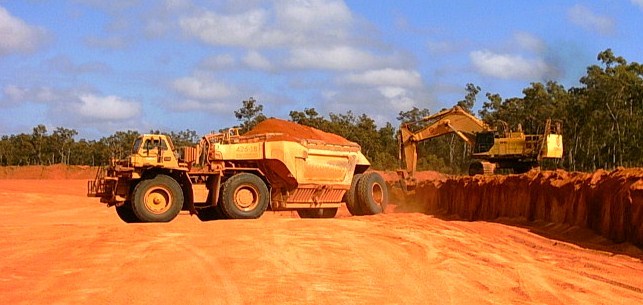

Roy Harvey, CEO of Alcoa Corporation, a global leader in bauxite, alumina and aluminium production, announced on Wednesday April 18, 2018, the company will redirect 800,000 tonnes of bauxite to the market which was otherwise committed to Rusal.

As a consequence of US sanctions, Harvey believes that there is likely to be a global deficit in both aluminium and alumina this year. On asking repeatedly about the ultimate impact of the US sanctions on Russia, he says the situation is complex and is difficult to predict.
Due to delays in projects to expand smelters in China, the company estimates the global aluminium deficit to grow between 600,000 tonnes and 1 million tonnes, up from last quarter’s deficit estimates between 300,000 tonnes and 700,000 tonnes, while global aluminium demand is projected to grow by 4.25 to 5.25 per cent.
Alumina, on the other hand, is likely to have a global deficit between 300,000 tonnes and 1.1 million tonnes for full year 2018, primarily due to supply disruptions in the Atlantic region. The global market for bauxite is, however, expected to remain in balance.
Global aluminium supply chain is likely to be uncertain throughout the year due to multiple trade actions, sanctions, and supply disruptions.
Alcoa is experiencing the fallout, as well, but in a potentially positive way.
Since bauxite is the basic raw material required to produce alumina, Alcoa believes that with Rusal currently out of the picture in the US and elsewhere should find another customer for its 800,000 tonnes of bauxite.
That should not be hard, said William Oplinger, Alcoa executive vice president and chief financial officer, saying, “We'll place [the bauxite tons] in the market and are confident we can do that."
However, what is not certain is the restart of idled production, both in the US and elsewhere, especially after aluminium and alumina price hike on the London Metal Exchange (LME) as a consequence of US sanctions.
Alcoa, however, has already started recommencing its Warrick smelter project and is on track to have three potlines with production capacity 160,000 tonnes a year. The project is expected to start its operation before the end of June, according to Harvey.
Responses








